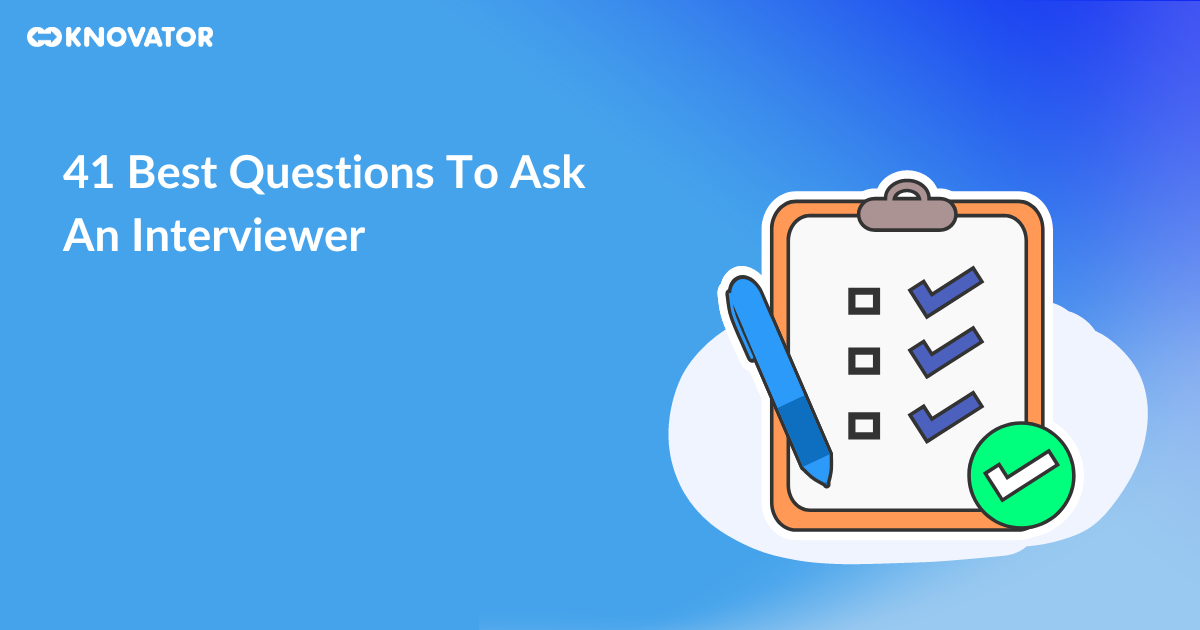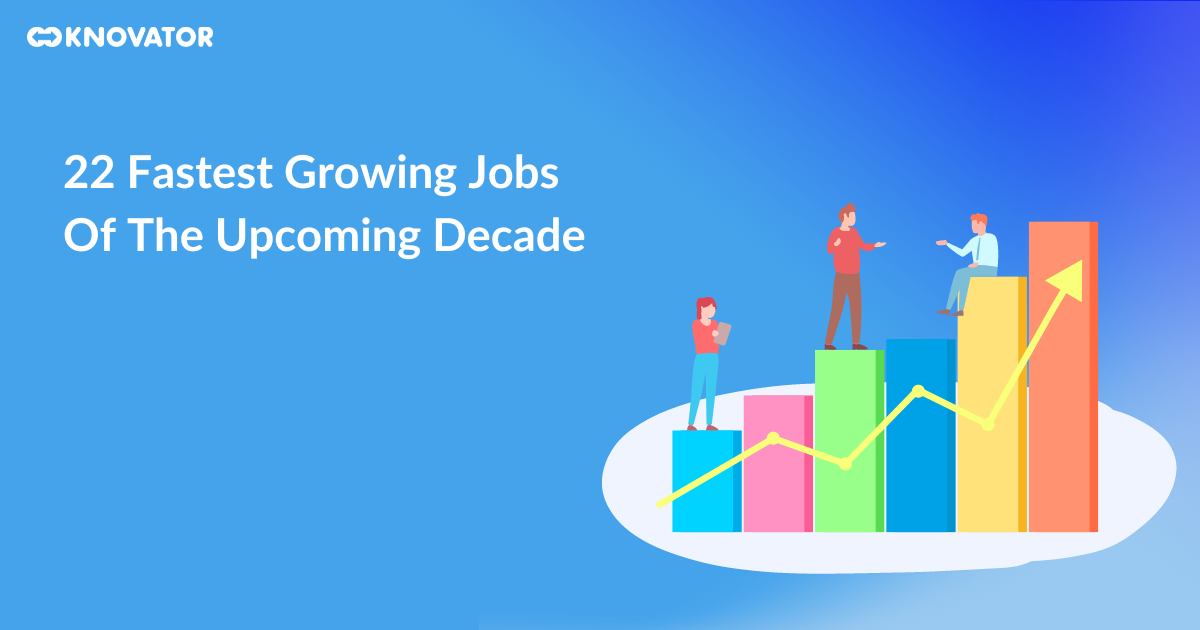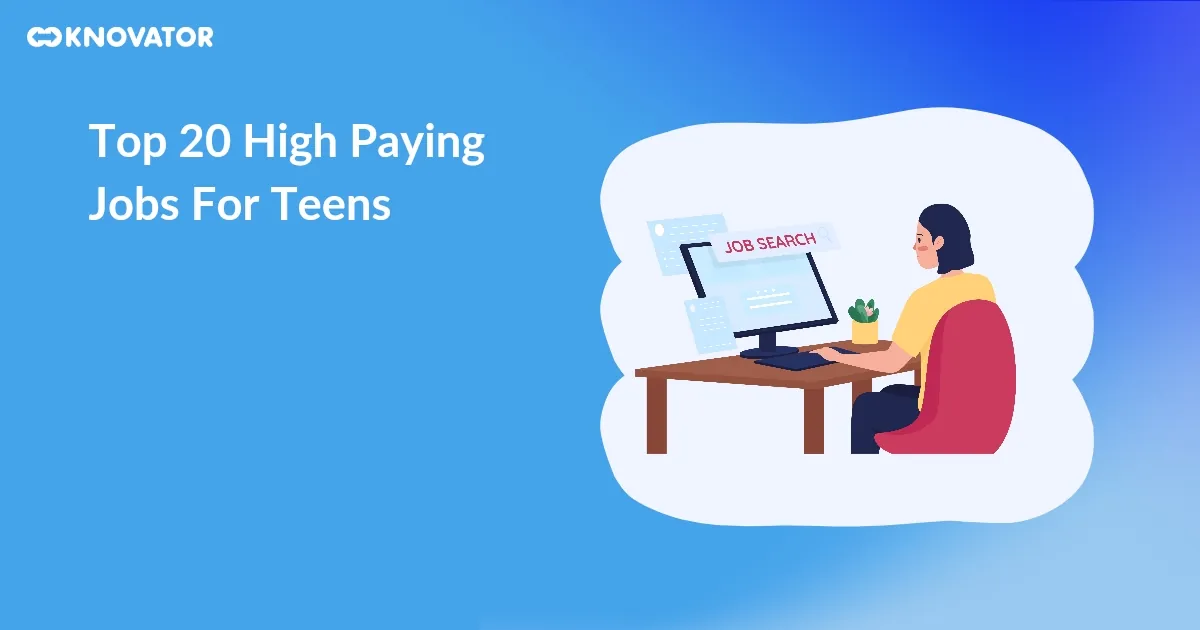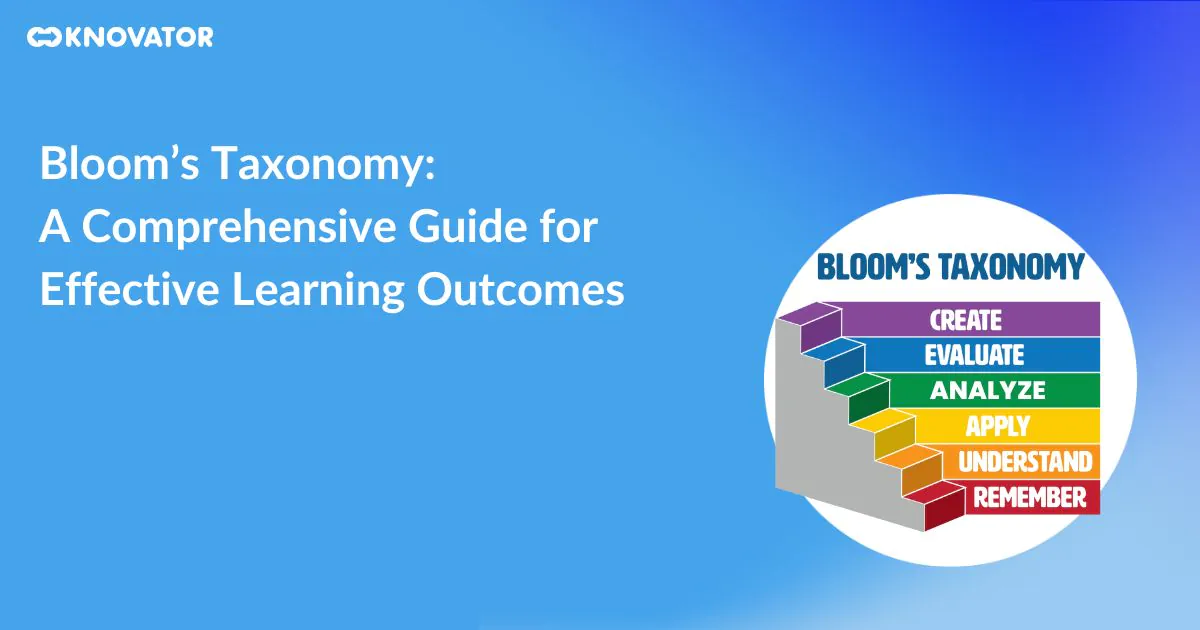In classrooms and training settings, learners often need help to grasp complex concepts, retain information, and apply their knowledge effectively. Traditional teaching methods sometimes fail to fully engage learners’ cognitive processes, leading to shallow understanding and limited retention. That’s when cognitive learning comes in.
Proposed by scholars like Jean Piaget and Lev Vygotsky, cognitive learning theory emphasizes the role of mental processes in learning. Educators and trainers can integrate cognitive learning strategies into their approaches for best results.
In this blog post, we’re going on a journey to deeply understand the Cognitive Learning Theory. We’ll learn its main ideas and how our brains take in, remember, and use new stuff. But it’s not just theory – we’ll also share easy tips for teachers, trainers, and anyone who wants to learn better.
Let’s begin!
What is Cognitive Learning?

Cognitive learning involves actively engaging our brains to connect and make sense of information. For example, when we read a book, we comprehend the words, relate them to what we already know, and remember the main ideas. This cognitive process helps us remember and apply what we learned later on.
Cognition plays a significant role in learning and memory retention. The chances of retaining that information increase when we focus and think deeply about what we are learning. Think of it like a puzzle – the more we focus and understand each piece, the better we can remember the entire picture.
Cognitive learning is super important at work for many reasons. First, it helps with problem-solving. When employees think carefully and understand things well, they can develop smart and creative solutions to their challenges. It makes their decisions better and their work more efficient.
Secondly, cognitive learning helps employees handle new tasks and changes. As industries change and new technology comes, employees need to learn fast. When they have strong cognitive skills, they can learn and use new information quickly, making them more adaptable and valuable to the company.
Thirdly, cognitive learning promotes getting better all the time. In a competitive business world, companies need to grow and be innovative. Employees using cognitive learning are more likely to seek opportunities to improve themselves and grow professionally. It helps both the individual and the company.
In simple terms, cognitive learning is like the building block for good learning and remembering things.
Components of Cognitive Learning

Fundamental features of cognitive learning include:
1. Comprehension
Understanding the subject matter is super important! It’s like reading a story and getting what’s happening, not just reading the words. When you comprehend something, you grasp its meaning and ideas. It helps you learn better because you’re not just memorizing random facts but truly getting the big picture.
For example, if you understand math concepts, you can solve different problems easily instead of just memorizing formulas.
2. Memory
Memory is like your brain’s storage system. When you deeply understand something, it’s easier to remember it later. It’s like knowing your best friend’s birthday because you understand its significance. Deep understanding helps you retain information better.
For instance, you’ll remember words and phrases more effectively by understanding a new language’s grammar and rules.
3. Application
Cognitive learning strategies are not just for books but for real life too! Imagine learning how to ride a bike by just reading about it – that won’t work! You need to apply what you’ve learned, like getting on the bike and trying it out. Cognitive learning helps you use your knowledge practically.
For example, when you learn problem-solving skills, you can apply them in everyday situations, like fixing something broken or finding a solution to a challenge at work. It’s about using your brainpower to solve real-life puzzles!
Cognitive Learning Theories

1. Cognitive Learning Theory
In the world of learning, our minds play a significant role in how we absorb and process information. Cognitive learning theory explores how internal and external factors influence our learning experiences.
Internal factors refer to things happening inside our minds. For example, our prior knowledge, memory, attention, and problem-solving abilities all impact how we understand new information. When we can relate new knowledge to what we already know, it becomes easier to learn and remember.
External factors, on the other hand, are all around us. These include the learning environment, teaching methods, and the support we receive. A positive and stimulating environment with engaging teaching methods can enhance our learning experience.
By understanding how these internal and external factors interact, educators and learners can optimize the learning process, making it more effective and enjoyable. Cognitive Learning Theory sheds light on the intricacies of our minds and how they shape our path to knowledge and growth.
2. Social Cognitive Theory
Social Cognitive Theory talks about how we learn by watching others. This theory, proposed by psychologist Albert Bandura, shows how observing others’ actions and results affects our learning.
Observational learning means we learn by watching and copying others. For example, kids learn to tie their shoes by watching their parents or older siblings do it. Employees may learn behaviors or problem-solving tricks by watching their coworkers or bosses.
This type of learning is powerful because we don’t need to try things ourselves. We can see what works for others and use it in our situations. Observational learning helps us grow our skills and knowledge without making mistakes ourselves. It’s a fantastic way to keep learning and improving.
3. Cognitive Behavioral Theory
Cognitive Behavioral Theory focuses on our mental processes, like thoughts and how we see things happening in life.
This theory says that our thoughts, feelings, and actions are connected. Our thoughts create our emotions, which then affect how we behave.
We can also change how we feel and act when we change our thoughts. It also works the other way around – changing how we act can change our feelings and thoughts.
For example, imagine a developer facing a problem. If they automatically think the task is too difficult, they might feel negative about it and perform poorly. But if they change their thoughts to believe they can handle it, they might feel more confident and do better. It explains how our thoughts influence our emotions and actions.
Benefits of Cognitive Learning

1. Enhancing lifelong learning
Cognitive learning theory is a great way to improve lifelong learning. Employees can build on what they already know and add new ideas to their knowledge. It means they can keep learning and growing throughout their lives. People use cognitive learning to understand better and apply new concepts, making them even more skilled in their work. It’s like building a strong foundation for continuous learning, allowing them to adapt to new challenges and stay curious about the world around them. The learning journey never ends with cognitive learning, and discoveries always exist!
2. Boosting confidence
Cognitive learning boosts confidence in people. Understanding and remembering things well makes them feel more capable and skilled. Confidence grows when they can use their knowledge to solve real-life problems easily. This new confidence affects different areas of their lives, making them perform better and have a positive attitude. With cognitive learning, people become more self-assured, positively impacting how they see themselves and the world around them.
3. Improving comprehension and problem-solving skills
Cognitive learning is great because it helps you understand things better and solve problems easily. You can understand complicated ideas when you pay attention and get what you’re learning. Also, by thinking carefully, you get good at figuring out and solving problems. It makes you valuable in both your personal life and your job. With cognitive learning, you become a smart problem-solver and can handle different situations like a pro!
4. Accelerating the learning process
Cognitive learning makes learning faster. Learners can learn and remember new things better when they use smart strategies like making connections, picturing ideas, and organizing information. It helps them understand subjects quickly and remember what they learned for a longer time. Cognitive learning makes their learning journey smoother and faster, like a shortcut to gaining new knowledge!
5. Encouraging abstract thinking
Cognitive learning encourages abstract thinking, which is essential for creativity and innovation. Learners can generate fresh ideas and think outside the box as they connect and see the bigger picture. Abstract thinking allows individuals to approach problems differently, leading to novel solutions and unique perspectives.
Cognitive Learning Strategies
Several psychologists have used research to shape the concept of cognitive learning. They developed ideas and learning strategies for use in a corporate learning setting.
1. Learner-Centered Strategy

According to his ideas, we begin learning by gathering basic knowledge. As we keep learning, we go deeper and become more knowledgeable in that subject. It’s like building a strong foundation and then adding more layers of understanding on top of it.
According to Piaget, learning has three important parts:
- Accommodation- It means adjusting what we already know when we learn something new. It’s like fitting a new piece into a puzzle by changing the other pieces around it.
- Assimilation: Here, we combine new information with what we already understand. It’s like adding new blocks to a tower we’re building with our existing blocks.
- Equilibration: This is about balancing what we know and are learning. It’s like keeping a steady scale with our knowledge on one side and the new information on the other so they fit well together.
Each business should design training programs using a personalized learning strategy to keep employees interested and help them produce better outcomes.
2. Meaningful Experiences Strategy

Relevance plays a crucial role in learning because it helps learners see the practical application of their learning. They are more interested and driven to learn when they can tie new information to their daily lives or personal aspirations.
During the training of learners in an organization:
- Make sure each session connects to the task they need to do. It should be relevant and meaningful for their work.
- Give them some background information about the new material. It helps them understand it better.
- Teach new information step by step, building on what they already know. It’s like adding new pieces to a puzzle, ensuring they fit well with what’s already there.
3. Learning Through Discovery Strategy

In his theory, Bruner talked about three stages of understanding things: enactive, iconic, and symbolic. Enactive is when we learn by doing things, iconic is when we remember things visually, like pictures, and symbolic is when we use words and symbols to describe experiences.
He studied how children learn and suggested they should be allowed to explore and find information independently. He believed that learners keep looking at what they learned before even as they learn new things. It’s like reviewing what they know as they add new knowledge to their minds.
In a corporate environment, Jerome Bruner’s interpretation of Cognitive Learning Theory suggests:
- Let employees learn new skills and gain knowledge by giving them new tasks and challenges.
- Encourage trainees to solve real problems that your company is facing. It’s like letting them apply what they learn to solve actual issues in the workplace.
4. Personalized Learning Strategy

By tailoring learning experiences to fit each individual’s role and interests, we can encourage them to explore new solutions and improve their performance.
Using modern technologies like AI recommendations and machine learning, we can create digital learning assistants that suggest what employees should learn next based on their skills and previous knowledge. This way, employees get the information they need without asking for it, leading to better education and performance.
With personalized learning, employees can access various resources that match their specific needs, and the company can save resources by providing a more tailored and scalable learning environment. This approach ensures that each employee gets what they need to succeed, making the learning process more efficient and effective.
Cognitive Learning Examples

1. Explicit Learning
It is when we intentionally try to learn something new. It happens when we seek information, like reading a book or taking a course.
An example of explicit learning is taking a detailed video editing course to learn how to use the software effectively for your work. In this intentional learning process, you actively seek out knowledge to improve your skills in video editing and understand the software’s functionalities better.
2. Implicit Learning
Here, we absorb information without consciously trying. It’s like learning by exposure, such as picking up language skills by being around people who speak it.
One effective example of implicit learning that develops over time is typing quickly without looking at the keyboard.
3. Meaningful Learning
This type of learning happens when we relate new information to our past experiences. It’s like understanding a new concept because it reminds us of something we already know.
An example of meaningful learning is when you work in procurement and decide to attend an advanced course. Doing this makes you want to learn more and improve at your job. It’s like deepening your knowledge and understanding of the subject to be more skilled and capable in your work.
4. Discovery Learning
One would actively explore and find answers independently in this approach. It’s like experimenting to learn how things work instead of being told the answers.
For instance, if someone is asked to proofread a report and use a tool like Grammarly to help, they will learn how to use Grammarly’s features and capabilities as they discover and explore the tool while doing the task. It’s like learning by experimenting and figuring out how the tool works.
5. Receptive Learning
Receptive learning refers to learning where you focus on taking in information and understanding it. It’s like listening to your teacher in class or reading a book to learn something new. You’re more like a sponge- soaking up knowledge instead of doing something active, like solving problems or practicing.
6. Non-Associative Learning
This is when we learn from repeated exposure to the same thing. For example, getting used to loud noise in the neighborhood (habituation) or becoming more sensitive to it (sensitization).
This kind of learning happens in everyday situations at work and in life. For example, working in an office teaches you to be more responsive to things like answering phone calls. It’s like learning and adapting as you go through your daily experiences.
7. Emotional Learning
This is about developing emotional intelligence. It’s understanding and managing our emotions and recognizing them in others.
8. Experiential Learning
Learning from experiences means we learn by doing. It’s like gaining knowledge and skills through real-life activities.
For instance, an intern can learn by observing a senior employer with experience to obtain experience. He gains fresh skills applicable to his line of work.
9. Observation Learning
This happens when we learn by watching and imitating others. It’s like learning to cook by watching someone prepare a meal.
For example, if you see a friend ride a bike, you might learn how to ride it by observing and trying it yourself.
10. Cooperative and Collaborative Learning
In this approach, we learn in groups, working together and sharing ideas. It’s like studying with classmates to learn better.
Recognizing and utilizing these cognitive learning examples allows us to choose the most effective strategies to enhance our learning and knowledge acquisition in various situations. Each approach offers unique benefits and suits different learning styles, making cognitive learning a versatile and powerful tool for personal and professional growth.
Improve Your Learning With Cognitive Learning
To sum up, cognitive learning is a great way to understand and remember things better. We become good at solving problems and thinking critically when we actively think and connect ideas.
Making learning meaningful and personalized makes it more fun and effective. New technologies, like AI and machine learning, can help us learn in a way that suits us best. By using cognitive learning, we can keep growing and learning throughout our lives.
So, let’s keep exploring and using cognitive learning to be successful and happy in our work and everyday life.










